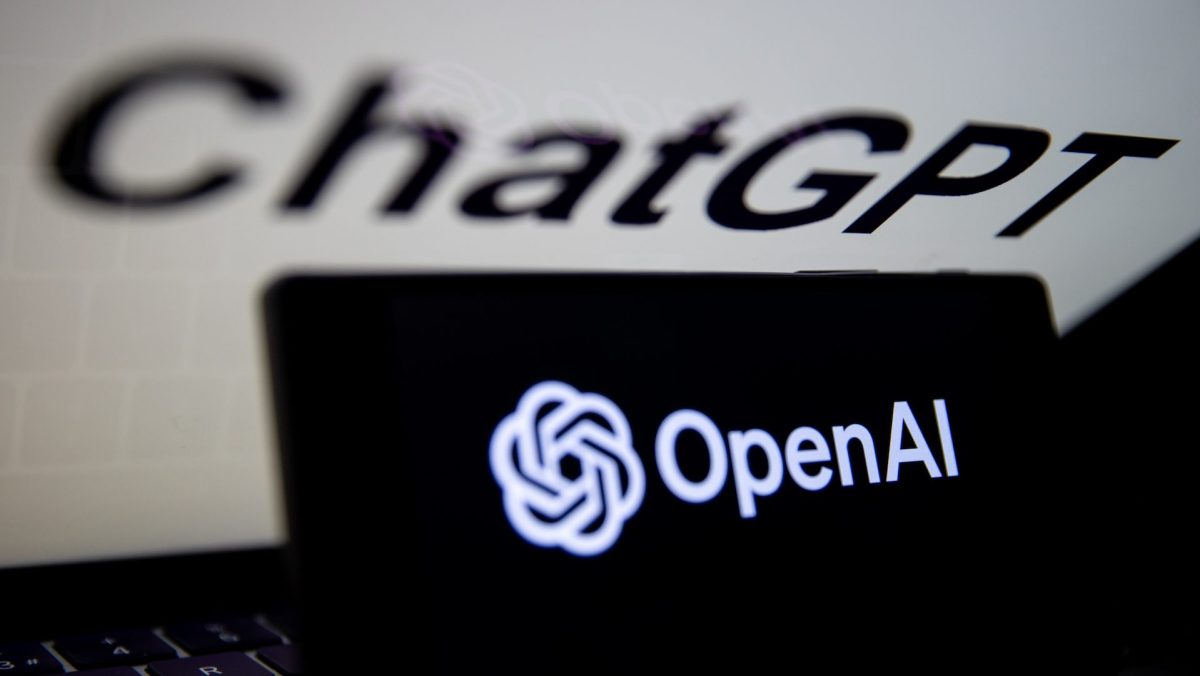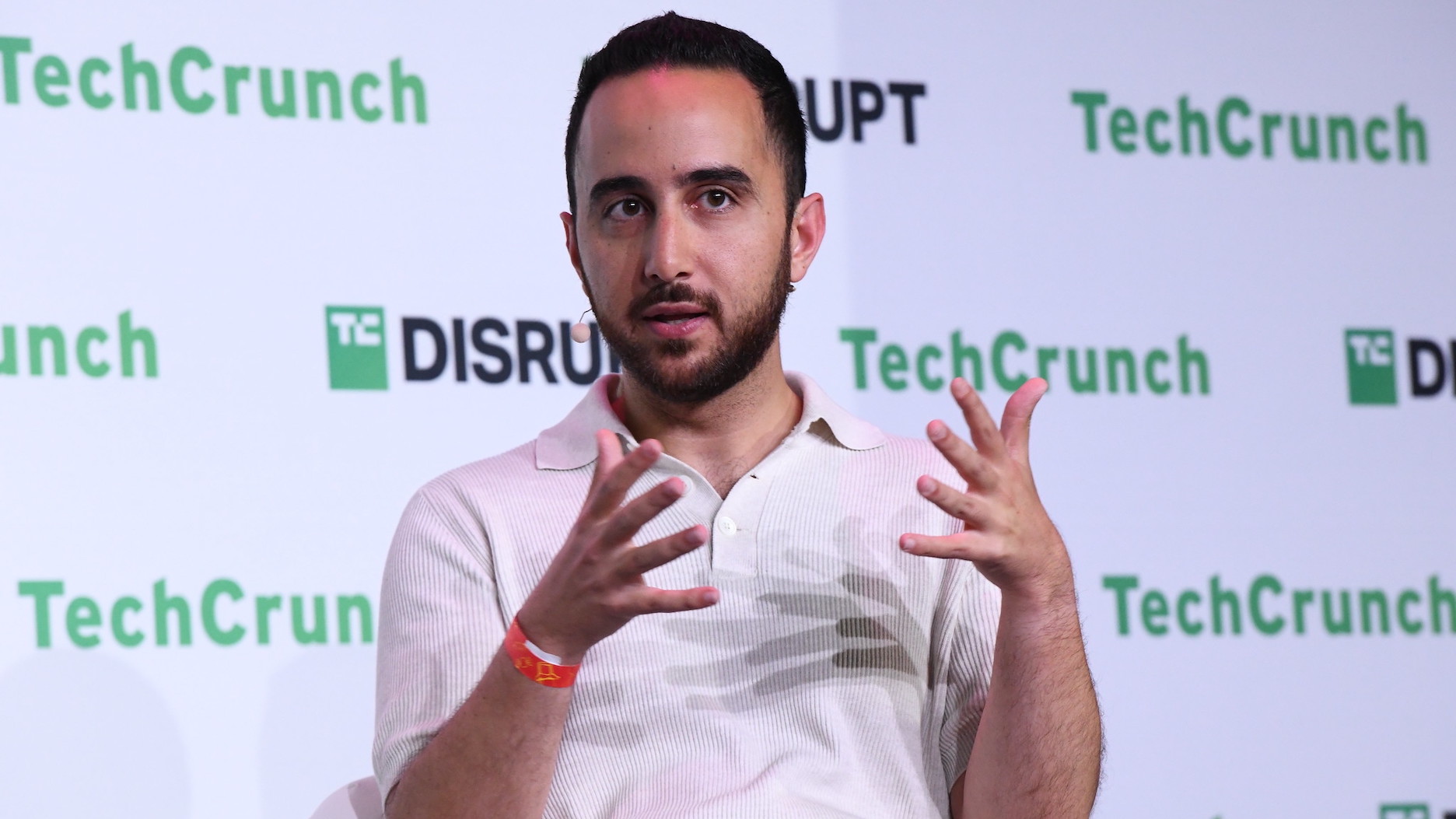OpenAI is actually dealing with yet another examination right into whether its own generative AI chatbot, ChatGPT, follows European Union personal privacy regulations.
Last month a grievance was actually submitted versus ChatGPT and also OpenAI in Poland, implicating the firm of a chain of violations of the EU’s General Data Protection Regulation (GDPR). The other day the Polish authorization took the unique measure of creating a social statement to affirm it has actually opened up an examination.
“The Office for Personal Data Protection [UODO] is actually exploring a grievance regarding ChatGPT, through which the plaintiff implicates the resource’s producer, OpenAI, of, to name a few points, refining records in a prohibited, unstable way, and also the guidelines under which this is actually performed are actually opaque,” the UODO recorded a news release [translated from Polish to English using DeepL].
The authorization claimed it’s preparing for a “challenging” examination — taking note OpenAI lies outside the EU and also flagging the uniqueness of the generative AI chatbot innovation whose observance it are going to be actually analyzing.
“The situation worries the infraction of a lot of stipulations of the defense of individual records, so our team are going to inquire OpenAI to respond to a lot of concerns if you want to extensively administer the management procedures,” claimed Jan Nowak, head of state of the UODO, in a declaration.
Deputy head of state, Jakub Groszkowski, included a notifying to the authorization’s news release — creating that brand-new modern technologies carry out certainly not run outside the lawful structure and also should value the GDPR. He claimed the criticism includes accusations that increase uncertainties regarding OpenAI’s wide spread strategy to European records defense guidelines, including that the authorization will “clear up these uncertainties, especially versus the history of the key concept of personal privacy deliberately included in the GDPR”.
The criticism, which was actually submitted through neighborhood personal privacy and also surveillance scientist Lukasz Olejnik, implicates OpenAI of a chain of violations of the pan-EU guideline — stretching over authorized manner, clarity, justness, records gain access to civil liberties, and also personal privacy deliberately.
It concentrates on OpenAI’s reaction to a demand through Olejnik to repair inaccurate individual records in a profile ChatGPT produced regarding him — yet which OpenAI informed him it was actually incapable to carry out. He additionally implicates the artificial intelligence titan of neglecting to adequately reply to his topic gain access to ask for — and also of supplying elusive, confusing and also inside contrary responses when he looked for to exercise his lawful civil liberties to records gain access to.
The specialist rooting ChatGPT is actually an alleged big foreign language design (LLM) — a form of generative AI design that’s taught on masses of all-natural foreign language records so it can easily both answer in an individual like way. However additionally, offered the basic reason energy of the resource, it’s seemingly been actually taught on all kind of sorts of info so it can easily reply to various concerns and also inquires — featuring, in some cases, being actually nourished records regarding residing folks.
OpenAI’s scratching of everyone Internet for instruction records, without folks’s expertise or even permission, is among the huge variables that’s landed ChatGPT in regulative warm water in the EU. Its own noticeable incapability to verbalize specifically just how it’s refining individual records; or even to repair oversights when its own artificial intelligence “hallucinates” and also generates misleading info regarding called people are actually others.
The bloc controls just how individual records is actually refined, needing a processor chip possesses a legal manner to accumulate and also utilize folks’s info. Cpus should additionally fulfill clarity and also justness demands. Plus a retainers of records gain access to civil liberties are actually managed to folks in the EU — suggesting EU people possess (to name a few points) a right to request inaccurate records regarding all of them to become fixed.
Olejnik’s criticism examinations OpenAI’s GDPR observance around a lot of those measurements. So any type of administration might be substantial fit just how generative AI builds.
Reacting to the UODO’s verification it’s exploring the ChatGPT criticism, Olejnik said to TechCrunch: “Focusing on personal privacy through design/data defense deliberately is actually positively essential and also I assumed this to become the principal facet. Therefore this appears acceptable. It will worry the concept and also implementation parts of LLM units.”
He recently explained the adventure of attempting to get the answer coming from OpenAI regarding its own handling of his info as emotion like Josef K, in Kafka’s manual The Trial. “If this might be actually the Josef K. instant for AI/LLM, allow’s chance that it might elucidate the methods included,” he included currently.
The family member velocity along with which the Polish authorization is actually relocating reaction to the criticism, along with its own visibility regarding the examination, carries out appear noteworthy.
It includes in increasing regulative concerns OpenAI is actually dealing with the European Union. The Polish examination adheres to a treatment through Italy’s DPA previously this year — which resulted in a short-term revocation of ChatGPT in the nation. The examination due to the Garante proceeds, additionally checking into GDPR observance problems connected to variables like authorized manner and also records gain access to civil liberties.
Elsewhere, Spain’s DPA has actually opened up a probing. While a taskforce established using the European Data Protection Board previously this year is actually considering just how records defense authorizations ought to reply to the AI chatbot specialist along with the target of pressing to locate some agreement amongst the bloc’s personal privacy guard dogs on just how to control such unfamiliar specialist.
The taskforce carries out certainly not supplant examinations through personal authorizations. However, down the road, it might cause some harmonization in just how DPAs come close to controling reducing side AI. That claimed, diversity is actually additionally achievable if there are actually sturdy and also different perspectives amongst DPAs. And it continues to be to become observed what better administration activities the bloc’s guard dogs might tackle resources like ChatGPT. (Or even, without a doubt, just how rapidly they might take action.)
In the UODO’s news release — which responds to the life of the taskforce — its own head of state states the authorization is actually taking the ChatGPT examination “incredibly truly”. He additionally keeps in mind the criticism’s accusations are actually certainly not the very first uncertainties vis-a-vis ChatGPT’s observance along with European records defense and also personal privacy guidelines.
Discussing the authorization’s visibility and also rate, Maciej Gawronski of attorney general practitioner Partners, which is actually standing for Olejnik for the criticism, said to TechCrunch: “UODO is actually coming to be a growing number of voice regarding personal privacy, records defense, innovation and also civils rights. Therefore, I believe, our criticism makes a chance for [it] to work with integrating electronic and also popular development along with personal company and also civils rights.
“Mind that Poland is actually a quite state-of-the-art nation concerning IT. I will assume UODO to become incredibly acceptable in their strategy and also procedures. Naturally, so long as OpenAI continues to be open, for dialogue.”
Asked if he’s anticipating an easy selection on the criticism, Gawronski included: “The authorization is actually checking innovation developments rather very closely. I go to UODO’s seminar on brand-new modern technologies presently. UODO has actually presently been actually moved toward re AI through several stars. Nevertheless, I carry out certainly not anticipate a swift selection. Neither it is my purpose in conclusion the procedures too early. I will choose to possess a sincere and also enlightening dialogue along with OpenAI about what, when, just how, and also the amount of, pertaining to ChatGPT’s GDPR observance, and also especially just how to please civil liberties of the records subject matter.”
OpenAI was actually called for discuss the Polish DPA’s examination yet performed certainly not deliver any type of reaction.
The AI titan is actually certainly not resting still in reaction to a progressively complicated regulative image in the EU. It lately introduced opening up a workplace in Dublin, Ireland — most likely along with an eye on property in the direction of enhancing its own regulative scenario for records defense if it can easily channel any type of GDPR grievances using Ireland.
However, in the meantime, the United States firm is actually ruled out “principal created” in any type of EU Member State (featuring Ireland) for GDPR objectives, considering that selections having an effect on neighborhood individuals remain to be actually taken at its own United States Headquarters in California. Until now, the Dublin workplace is actually only a small gps. This suggests records defense authorizations around the bloc stay skilled to examine problems regarding ChatGPT that come up on their spot. Therefore much more examinations might comply with.
Complaints which precede any type of potential principal facility condition adjustment for OpenAI might additionally still be actually submitted throughout the EU.





One thought on “Poland opens up personal privacy probing of ChatGPT observing GDPR criticism”
Comments are closed.